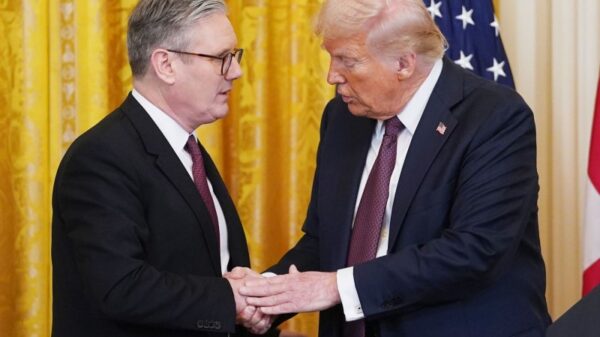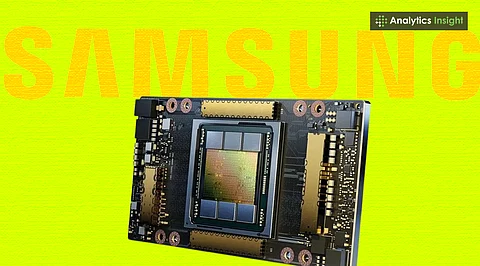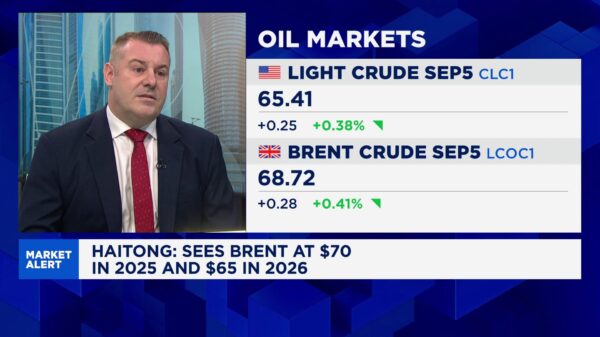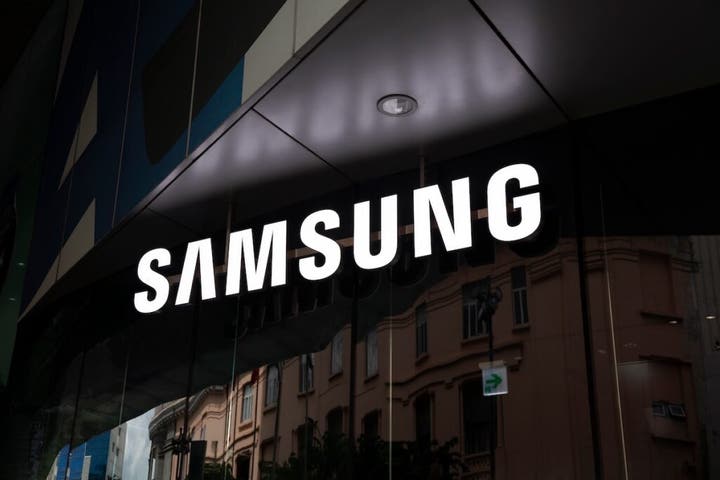URGENT UPDATE: Samsung Electronics has just announced a groundbreaking $16.5 billion chip manufacturing agreement with an undisclosed global tech giant. This strategic move aims to strengthen its foundry business as it intensifies its competition against Taiwan Semiconductor Manufacturing Co. (TSMC) in the booming AI chip market.
The contract, finalized on Saturday, ensures chip production through 2033, although Samsung has kept the identity of the client under wraps, citing confidentiality until the deal’s completion, as reported by Reuters.
This deal arrives at a critical time for Samsung, which supplies chips to industry leaders like Tesla Inc. (TSLA) and Qualcomm Inc. (QCOM). However, it currently lags behind TSMC, which boasts significant clients such as Apple Inc. (AAPL) and Nvidia Corporation (NVDA). The stakes are high as the demand for advanced chips skyrockets.
Why does this matter? The agreement signals a potential turnaround for Samsung’s foundry division, which has faced significant challenges, including delays at its new Texas facility and issues with advanced 2-nanometer chip production yields. The foundry arm has been under pressure to innovate and meet rising global demand.
In addition, South Korea is racing to secure vital U.S. trade agreements to mitigate possible tariffs on chips and other exports. This deal could position Samsung more favorably in the international market, enhancing its competitive edge.
As of now, Samsung’s shares have surged by 2.43%, reflecting investor optimism around this strategic partnership. Analysts suggest that the company maintains strong positive momentum across short, medium, and long-term forecasts.
What’s next? Investors and industry watchers will be closely monitoring Samsung’s progress in chip production, especially in light of the challenges it has faced. This deal could mark a pivotal moment in its quest to reclaim dominance in the semiconductor industry.
Stay tuned for further updates as this story develops. The competitive landscape of AI chip manufacturing is evolving rapidly, and Samsung’s next moves will be crucial.
































































